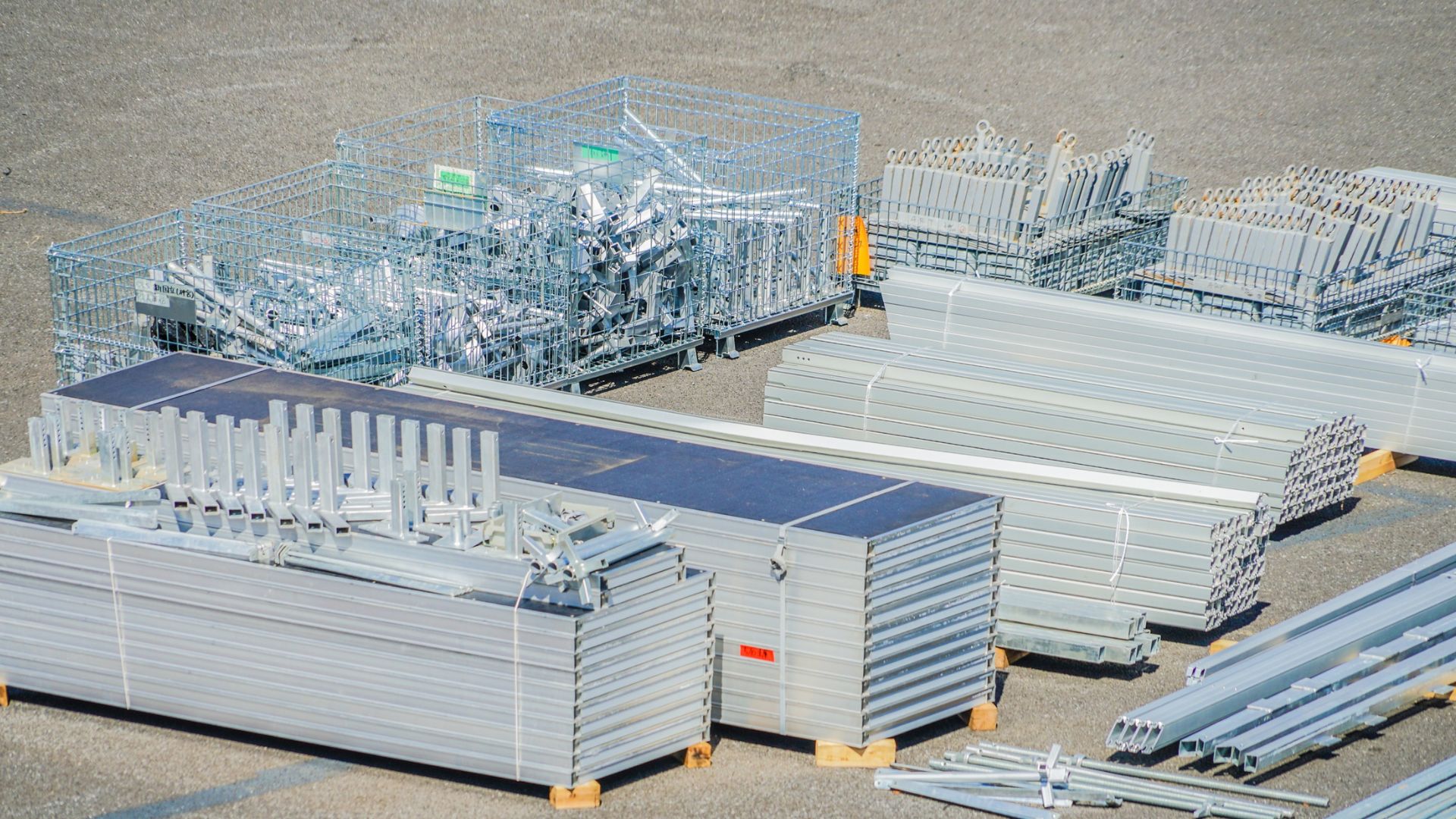


Every strong construction project starts with a solid foundation, and the same goes for your business. Managing subcontractors, ordering materials, chasing payments, and keeping projects on schedule can already be more than a fulltime job. Bookkeeping can easily slip down the list of priorities, but overlooking your numbers can cause more than admin headaches; it can throw off your entire operation.
The good news is that construction bookkeeping doesn’t have to be complicated. With the right approach and practical tools, you can take control of your finances without drowning in paperwork. This guide provides simple solutions for tradie bookkeeping that works in real-world construction businesses.
Bookkeeping for builders presents challenges you won’t find in many other industries. Contractor invoicing is often more complicated than it seems, especially when payments are tied to project milestones or progress claims. Cash flow can be even trickier, with large projects requiring significant upfront spending on materials and labour while payments may only come in once work is completed. Without proper planning, the gap between spending and receiving payment can cause serious cash flow issues.

Then there are the ongoing compliance and record-keeping responsibilities. Builders and contractors are required to maintain detailed financial records not just for tax and GST purposes, but also to meet industry regulations and contractual obligations. Staying organised with your bookkeeping ensures these tasks don’t turn into stressful, last-minute scrambles, or worse, penalties and fines.
Regularly tracking expenses, reconciling accounts, and keeping receipts in order makes it easier to prepare accurate reports, submit timely BAS statements, and provide evidence if ever audited. Good record-keeping gives you a clear view of your business’s financial health and keeps your projects running smoothly.
Keeping your finances organised starts with the fundamentals. First, track your income consistently. Whether payments come from milestone claims, progress invoices, or one-off jobs, recording them accurately ensures you always have a clear picture of your cash flow and project profitability.
Next, every cost — from tools and equipment to subcontractor invoices, fuel, and site expenses — should be logged and organised. Proper categorisation makes it easier to see which projects are profitable and where costs may be getting out of hand.
Tax and GST compliance involves lodging BAS statements, reporting income correctly, and maintaining records to meet ATO requirements. When your bookkeeping is organised, these obligations become much less stressful.
Finally, follow record-keeping best practices. Keep invoices, receipts, contracts, and payroll records accessible and well-organised for five years. Construction bookkeeping software can help, but even a consistent digital or physical filing system ensures you’ll never waste time hunting for documents during audits or tax season.

Even experienced builders can fall into bookkeeping traps. One major mistake is mixing personal and business finances. Using the same bank account for both personal and construction expenses makes it difficult to track cash flow accurately.
Another frequent error is failing to track project expenses properly. Without detailed records tied to each job, you won’t know which projects are profitable and which may be losing money.
Many contractors also leave bookkeeping until tax time. This creates a mountain of work and increases the chance of errors. The best way to avoid making mistakes is to stay consistent, log every transaction promptly, and use software to automate repetitive tasks.
Construction bookkeeping software like Xero, QuickBooks, or MYOB is designed to handle invoicing, payroll, and job costing. Mobile access and cloud storage mean you can update records on the go, from the site or office.
When choosing software, look for features that suit your business such as project-specific accounting, integration with project management tools, automated invoicing, and receipt scanning. These tools make tradie bookkeeping manageable and ensure your finances are always accurate and up to date.

Even with good systems in place, there comes a point where professional help makes sense. If you’re consistently behind, making errors, or stressed about your books, it’s time to consider outsourcing.
Professional construction bookkeeping services free up your time so you can focus on running projects, not spreadsheets. Expert bookkeepers familiar with the construction industry understand builder accounting, GST obligations, contractor invoicing, and project-based reporting. The time and stress you save often outweighs the cost.
By adopting simple habits, using construction bookkeeping software, and keeping clear records, you can simplify your finances, stay compliant, and make better business decisions. Staying organised reduces stress, ensures you claim the right tax deductions, and allows you to focus on what you do best: completing projects successfully.
If you want to make construction bookkeeping easier and more accurate, call us on 1300 728 875 or send an enquiry. For more practical contractor bookkeeping tips, explore our guide on Bookkeeping for Tradies.
